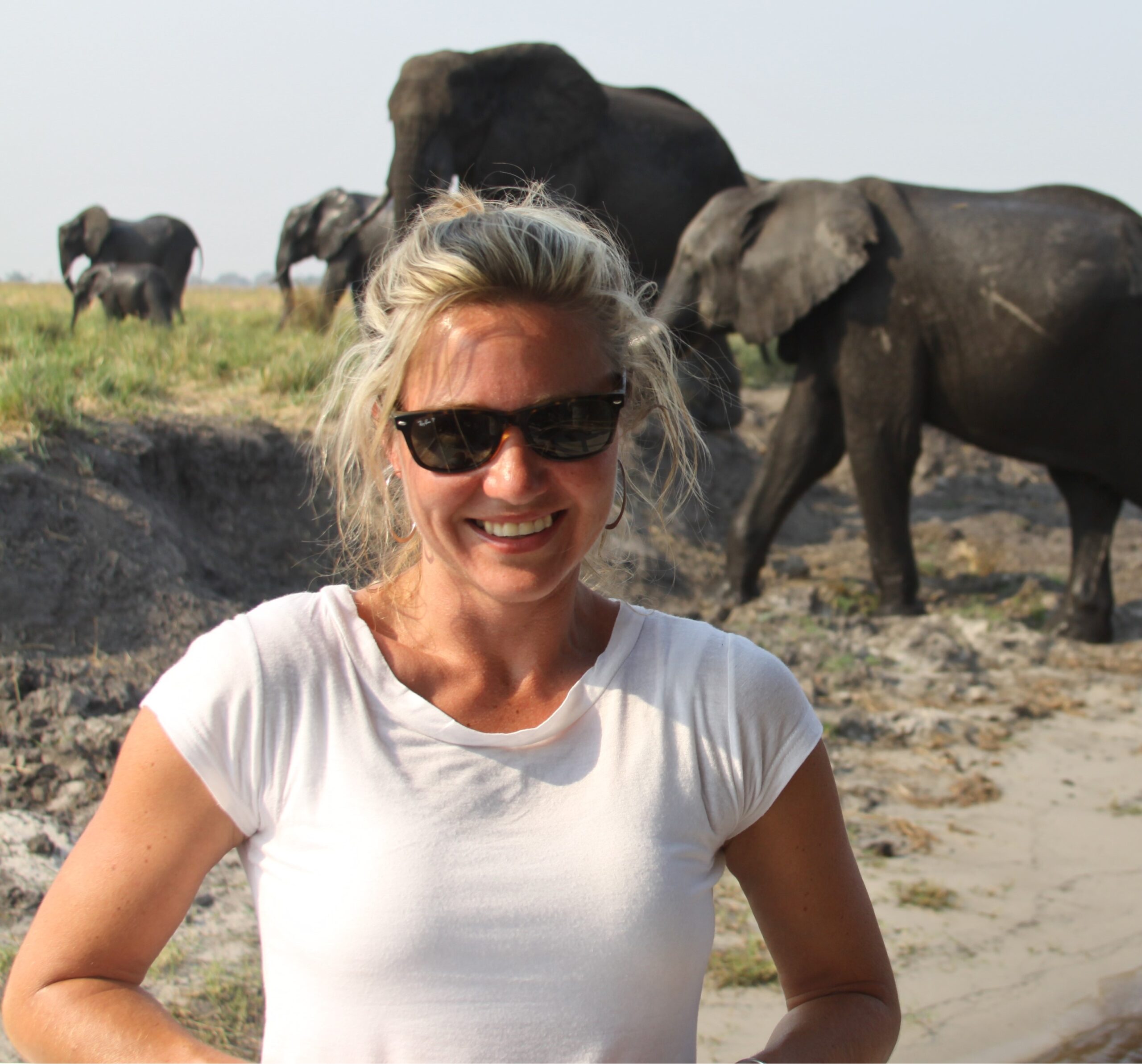ARE SAFARIS SAFE?
A safari transports you to wild spaces filled with plenty of wildlife, which are often in close proximity to open vehicles – or even people on foot. Despite so many possible danger points, safaris are surprisingly safe with only a handful of isolated incidents every year for the hundreds of thousands of people from across the world who venture into Africa’s wildernesses. We explain why this is so and how to feel comfortable and secure in the bush.
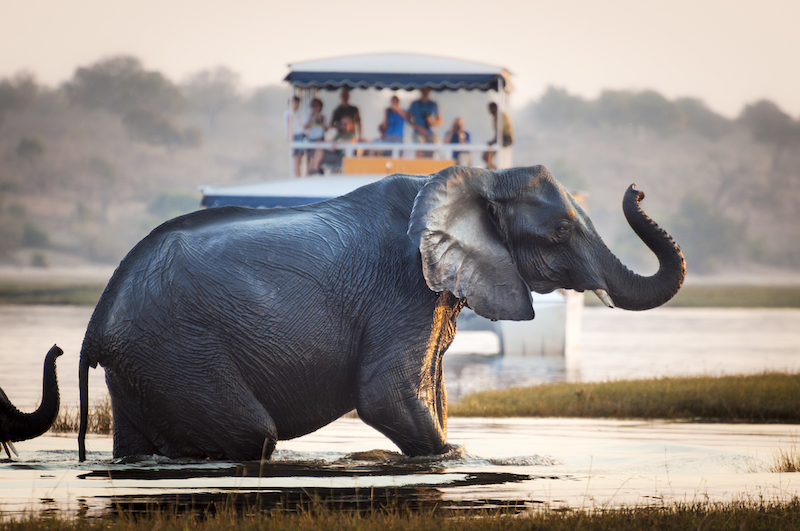
What’s covered in this guide
Explore the highlights of this post with ease by using the table of contents below to navigate to sections of interest.
Why are Safaris So Safe?
There are four main reasons why we seldom feel nervous about heading out into the desert, savannah, rainforest or thicket:
- Guides are trained to understand animal behaviour
The mark of an excellent guide is the ability to accurately predict animal behaviour. A good guide will be able to detect long in advance when a bull elephant is getting irritated, when it’s best not to get close to a buffalo, when a big cat is sending warning signals. Strict qualifications and licensing mean they constantly scan the animals for signs of stress and adjust their vehicle or proximity in return.
This close reading of animals’ habits helps keep you safe. In addition, a professional guide cannot be bribed, goaded or ordered to get closer to a sighting if guests want better images. Strict rules of engagement are put in place by government parks boards, state departments of wildlife and nature conservation, and their own employers. Guides know their livelihoods depend on keeping their clients safe and will all they can to ensure that. In addition, most are game lovers and do not enjoy seeing animals distressed.
While all guides are trained in using firearms, it is a badge of honour to never have to use one because you’ve read the situation so clearly. Weapons exist as a back-up but are very seldom deployed.
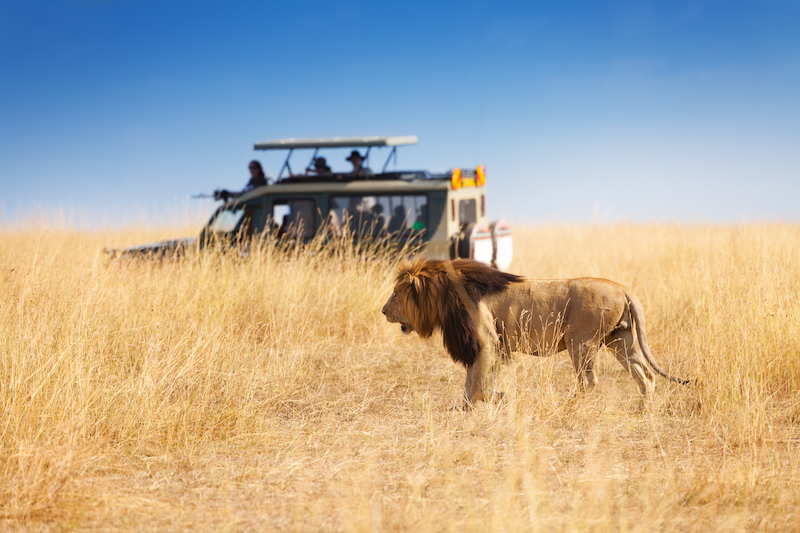
A good guide will assess the game’s mood and adjust the vehicle accordingly for safety.
- Animals are wary of humans and habituated to us
Contrary to many popular movies, wild animals don’t ‘seek revenge’ or ‘attack for fun’. Animals avoid confrontation as it wastes precious energy and risks them getting injured or being killed. They want to conserve energy, keep healthy and stay alive. They will only attack when they feel stressed because humans are too close or are threatening their young, food source or ‘home’ (such as a den or nest). Even then, almost all will give ample warning that they are unhappy such as mock charges, growling, hissing, screeching, trumpeting etc – the exact signs guides are trained to understand and interpret (only buffalos and crocodiles don’t give any warnings!).
In general, animals will avoid interactions that don’t benefit them. Those in reserves and national parks are habituated to humans’ presence and have come to know that the sound and smell of vehicles (engine noise and diesel fumes) do not pose a threat.
- Guests obey the rules
This cannot be overstated: the main way to keep yourself safe is to obey your guide at all times. He or she is not trying to limit your fun – they are aiming to deliver you safely back to your lodge. Mant of the safety precautions overlap strongly with ethical safari behaviour. The following rules are in place for your security:
- Keep your hands, legs and feet in the vehicle.
- Do not stand up.
- Do not shout or try to attract animals’ attention.
- NEVER feed animals or birds.
- Do not walk unescorted at night in unfenced camps. Lion, leopard, hyena and hippo are all active at night.
- Do not take food back to your tent or room.
- Keep your hands out of water on a boat, canoe or mokoro (crocodiles and hippos could be submerged just below the surface). Do not trail your fingers in the water.
- Do not try to pick up, stroke or pet any animal, no matter how cute, harmless or tame it seems.
- Do not shine camera lights in animals’ paths or eyes, not even if you’re filming at night. Not only can this provoke them but it could cause temporary blindness, making them more vulnerable to predators.
- Never imitate animals’ calls or play bird calls on your phone. This could attract predators or, for example, young male bulls in musth, a state in which they are very volatile. In addition, it wastes the energy of other animals looking for their fellow species or trying to avoid what they think is a predator nearby.
Remember, we are observers. On safari, we strive to interfere as little with the wildlife as possible. The less you bother them, the less they will bother you.
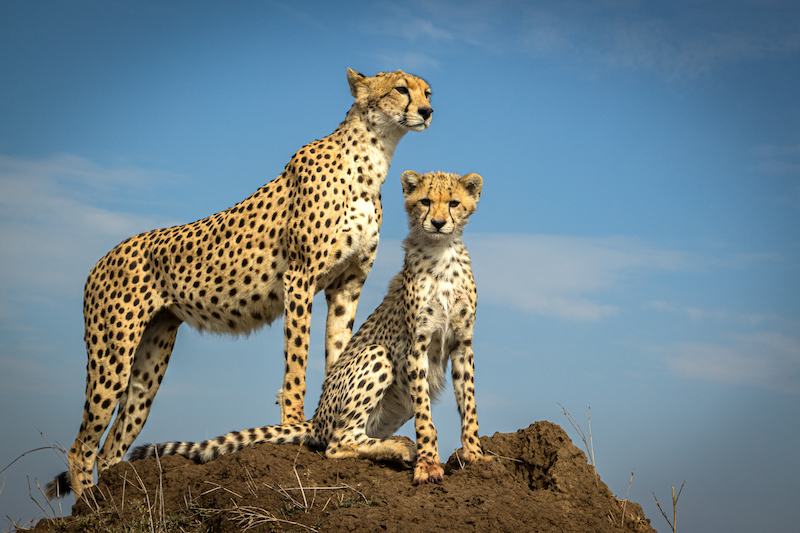
Keeping a respectful distance from cubs helps ensure better sightings of relaxed animals.
- An unseen network of protection
On safari, especially in large reserves or private concessions, it can sometimes feel like you are the only people for miles. This is almost never quite true. There is a large network of people ‘behind the scenes’ who keep parks and reserves running. These include APU (anti-poaching units), rangers (different to guides), maintenance teams (for grading roads and airstrips), staff housing for back-of-house crew, researchers, vets, conservations workers and even whole villages. Lodge staff keep in touch with them so that everyone in the area knows about potential hazards. They will also sprint into action in the very rare instance that an accident does occur. You are not as isolated and out of touch with the modern world as you may sometimes feel.
How to be as Safe as Possible on Safari
If it is your first time to Africa or you are a nervous traveller, let us help you.
- Tell us what’s worrying you. In this way, we can minimise your trigger points. If you are an anxious flyer, we can avoid light aircraft as much as possible. If you’re afraid of malaria, we can situate you in malaria-free zones.
- Four walls. Not all safari accommodation is tented. If sleeping in a brick-and-mortar rooms with a lockable door makes you feel safer, we can arrange that.
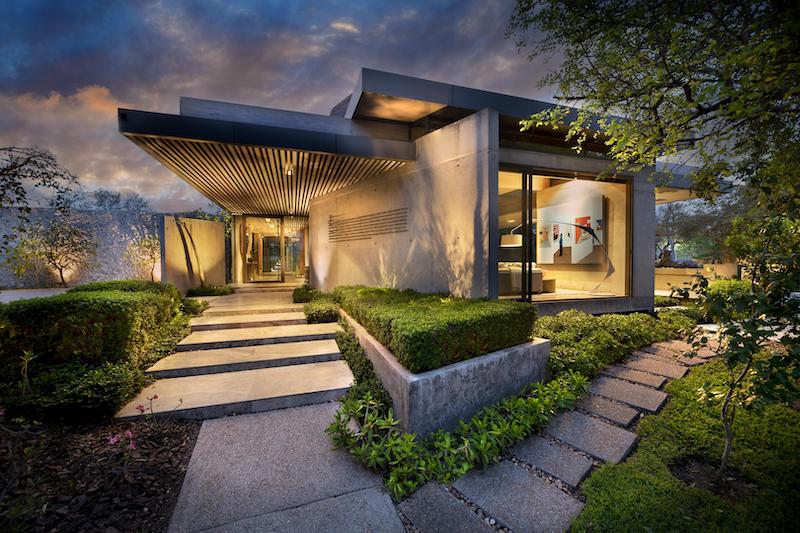
Not all lodges are tented: you can opt for conventional buildings with all the mod cons.
- 24/7 power and Wi-Fi. Not all areas can offer round-the-clock electricity and connectivity. If that is important to you, again, we can find you the perfect lodge.
- Fenced lodges. We can also arrange to you to stay at a lodge that is fenced so that wild animals cannot wander through the property.
- Speak up. If you are afraid at any point, let you guide know. It can be unnerving to be close to a herd of elephant but if you say, ‘Please can we move further away, I don’t feel comfortable’, every guide worth their salt will do so (this may not always be immediately possible as sometimes staying still is better for the animals).
- Private vehicles. They do cost more but having your own guide and vehicle allows you to leave a sighting or even return the lodge if you feel unsafe. This is much tricker to do on vehicles shared with other guests.
- No stupid questions. We’ve heard it all, so ask! If you don’t know what to do if you need a bathroom break on a game drive, we can tell you. If you’re unsure of what to expect, we’ll know. Between us, we’ve been on thousands of game drives and know all the ins and outs of being safe, secure and comfortable.
- Door-to-door service. We can arrange to know exactly where you are and what you’re doing every step of the way of your African vacation. A trusted partner will meet you at the airport and take you to your hotel, qualified city guides will accompany you whether you go, drivers will ensure you are always where you need to be. In the highly unlikely case of an incident, we have a 24-hour emergency line to provide immediate assistance.
- Closed vehicles. Some vehicles don’t have roofs or windows. If you’d feel happier in a vehicle with a roof and windows, we can place you at a lodge that has these available.
- Limit alcohol consumption. G&Ts are all part of the fun but booze and the bush can be a risky combination. To ensure your judgement isn’t impaired by alcohol, drink plenty of water and stick to one drink per occasion (a glass at lunch, sundowners, dinner and nightcaps around the fire or less).
- Pay attention to the room orientation. Every lodge will give you a rundown of how to use your tent. Ascertain where light switches are, be sure you know how to use the walkie-talkie or two-way radio and know how the emergency airhorn for summoning help works.

Every step of your journey is undertaken with professionals who have all the necessary qualifications.
How to be Safe in Africa’s Cities
Africa’s urban areas can be a mild ‘culture shock’ but the same common-sense rules apply whether you are in Cape Town or Copenhagen, Nairobi or New York.
- Don’t leave your valuables unattended or out of sight.
- Tell hotel staff where you are going.
- Don’t venture into unknown areas.
- Use a qualified guide and regulated public transport.
- Don’t wear flashy jewellery or show off expensive cameras or phones.
- Be aware of your surroundings.
- Don’t engage with strangers who ask for money, food or assistance or who want to distract. Keep watching and pretend you don’t understand – they will lose interest.
- Stick to busy, well-lit areas at night and stay alert.
As always, we walk the walk and talk the talk when it comes to Africa. Your safety is our No 1 focus and we will never arrange a safari we wouldn’t go on ourselves. We only use trusted safari tour operators with excellent reputations and will not use suppliers who take shortcuts and risks, or who have a cavalier attitude to our clients’ concerns.
If you have any questions about safety on safari, we’d be happy to help you.
PHOTO CREDITS Cheetah Plains | Tiago Lopes Fernandez, Sergey Novikov and Marcel Berendsen – Dreamstime | Paul Brower

